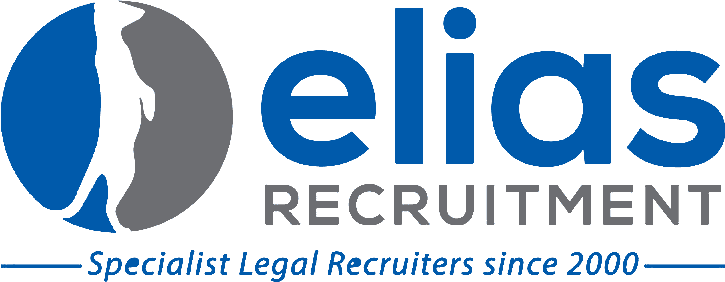We recently spotted an ad for a relatively junior, in-house corporate lawyer role. The job sounded terrific but the advertisement said the employer specifically needed a candidate with an unrestricted practising certificate.
Whilst this might be the employer’s preference, there is certainly no legal requirement in Australia for an in-house counsel to have an unrestricted practising certificate unless they are the sole counsel. We thought it might be a good opportunity to clear up possible confusion on this topic. One of the serious issues with asking for a junior lawyer to have an unrestricted certificate is that you need at least 2 years of supervision before you are eligible. Even then, those seeking unrestricted certificates tend to be more senior than this role required.
Since the commencement of the The Legal Profession Uniform Law (Uniform Law) and Rules in 2015, all in-house lawyers are required to hold a practising certificate. It also provides the benefit of legal professional privilege. In NSW, practising certificates in varying categories are issued by the Law Society of NSW according to the nature of your intended practice. Whereas an unrestricted practising certificate will unlock any kind of role, if you plan to work as an in-house lawyer, you will just need a practising certificate under the category of Corporate Legal if you are reporting to a more senior lawyer (who holds an unrestricted practising certificate).
According to the Law Society of NSW, under this category “The holder is authorised to engage in legal practice as a corporate legal practitioner or government legal practitioner and also as a volunteer at a community legal service, or otherwise on a pro bono basis”.
If you do not have a practising certificate but want to work in-house, do not panic. The Uniform Law includes transitional arrangements for inhouse corporate lawyers including certain exemptions. If you need help or what to learn more, contact the Law Society Membership services in your state.


One Response
Thank you.
I have read a high volume of advertised roles requiring a practising certificate (sime requiring unrestricted practice) particularly in commercial and corporate environs and overseas headquartered conglomerates. The advertised roles should not require a certificate to practice or unrestricted practice. It appears that HR or the ad writer do not really understand or are stretching the boundaries to pay for a junior role but require experience of a senior practitioner.